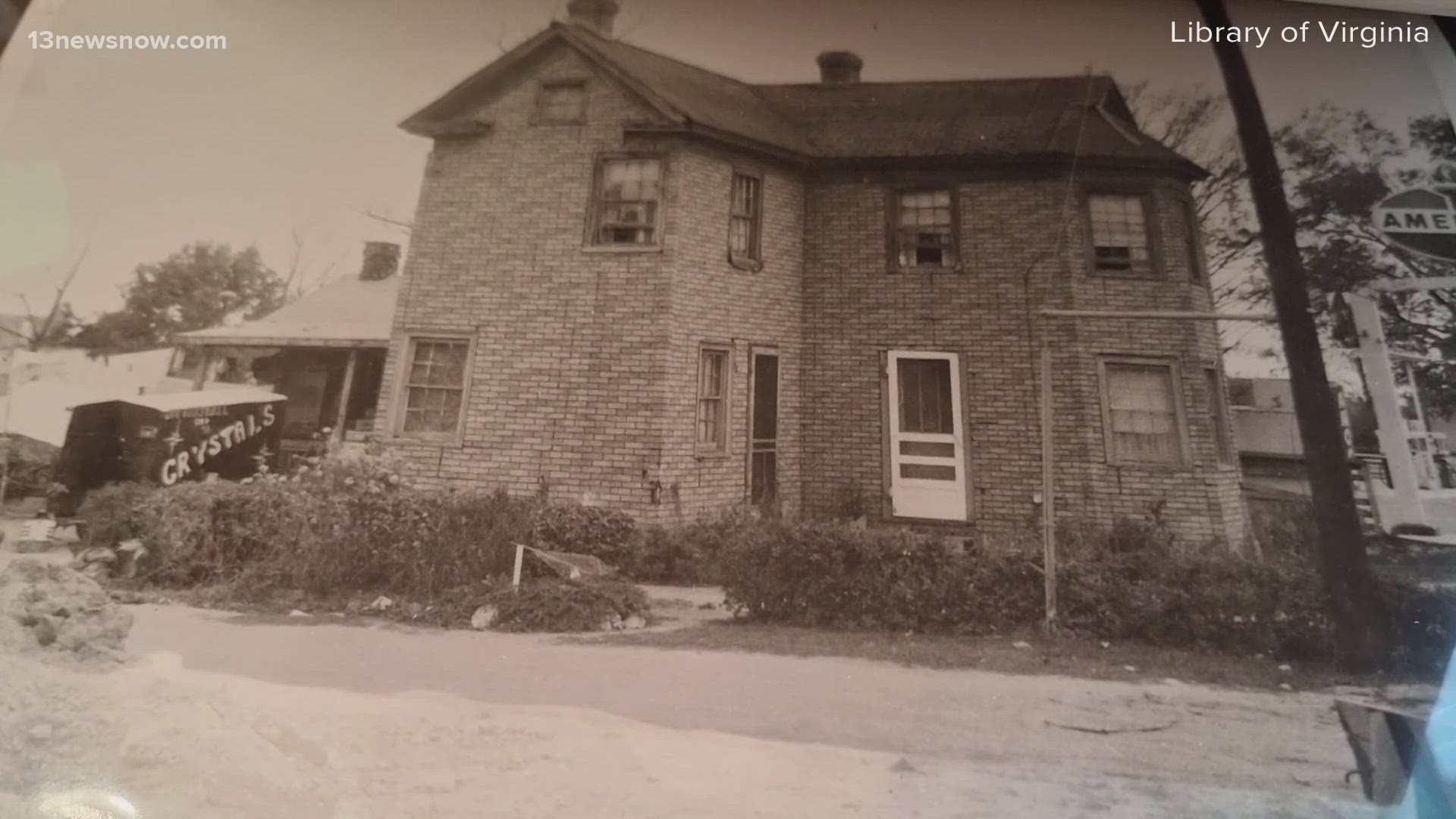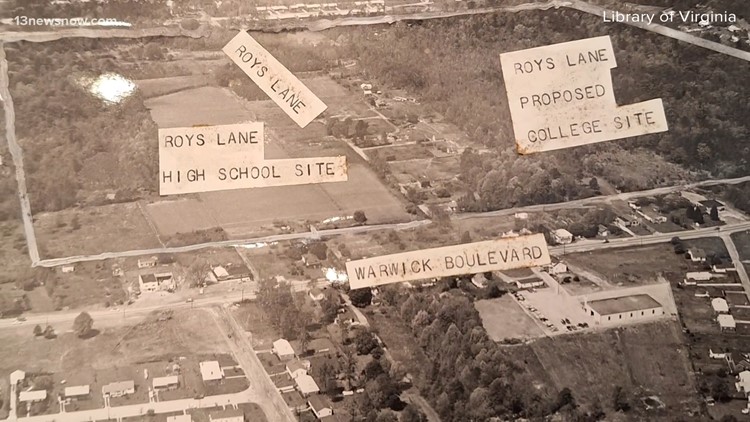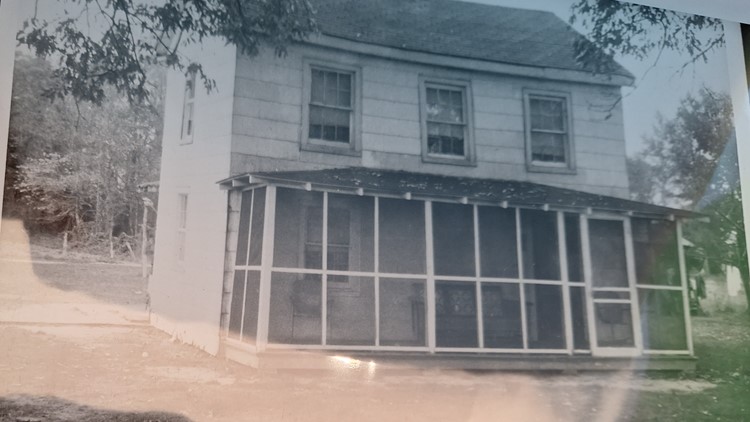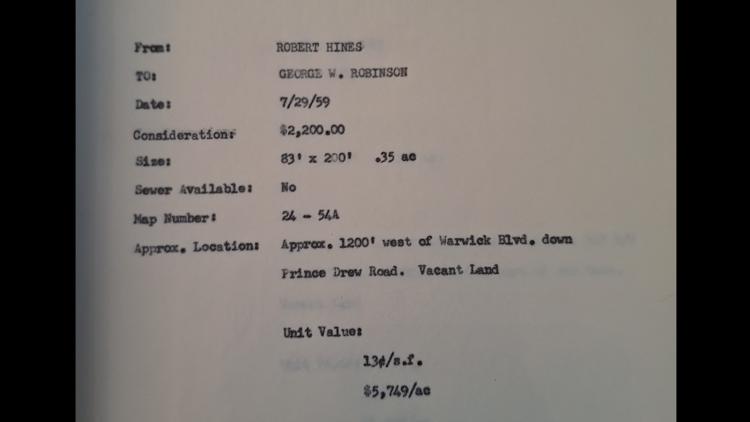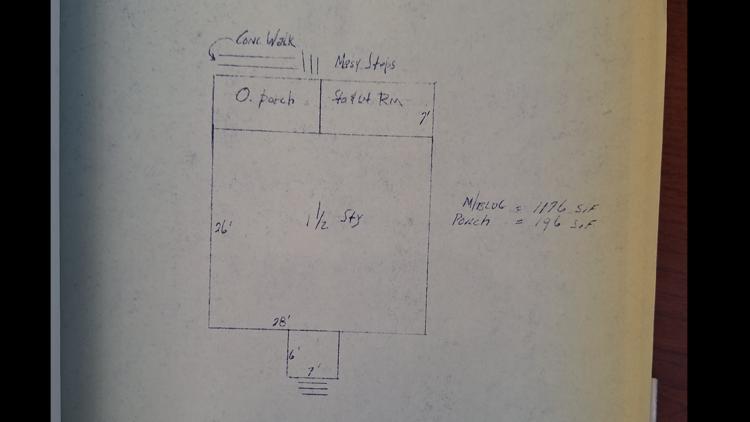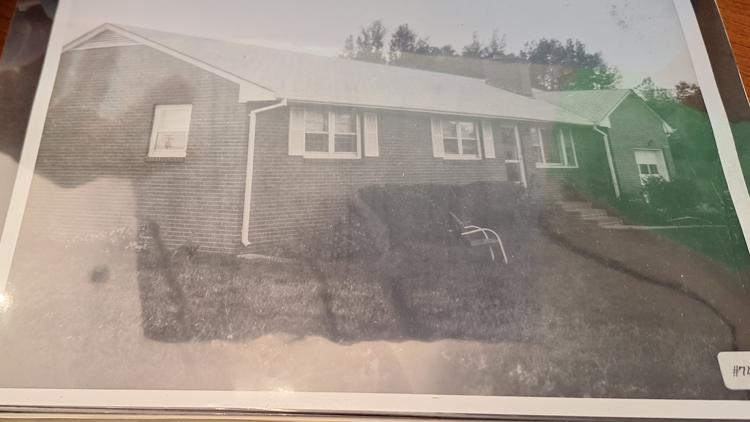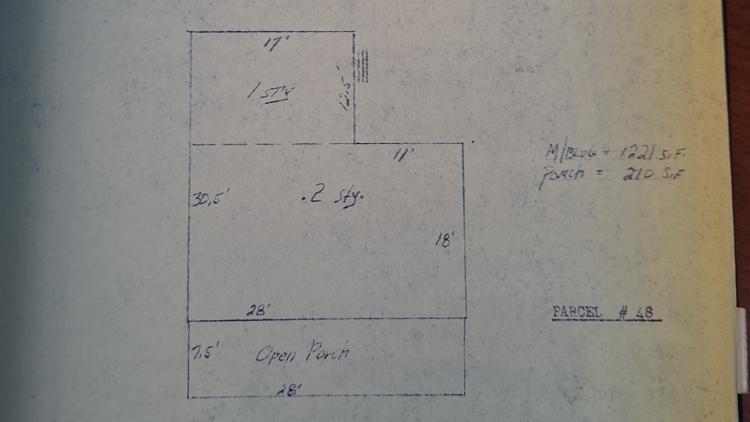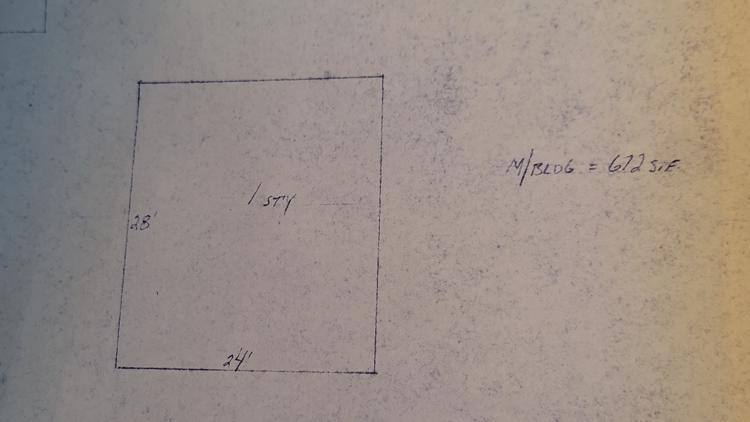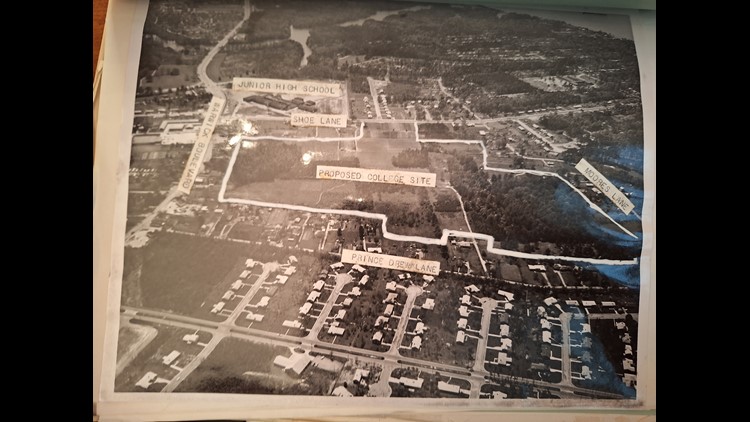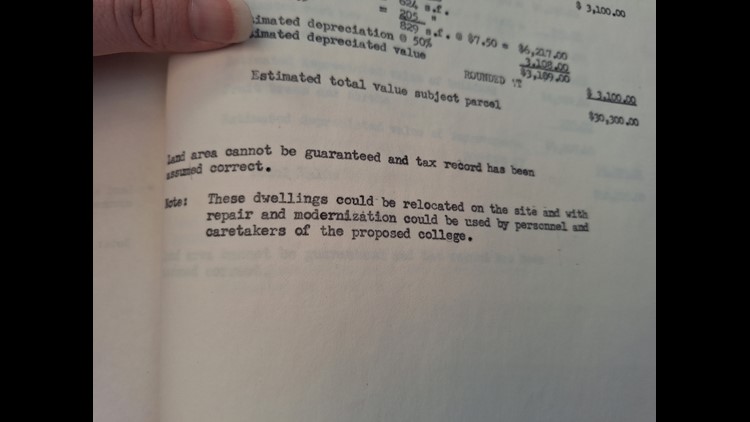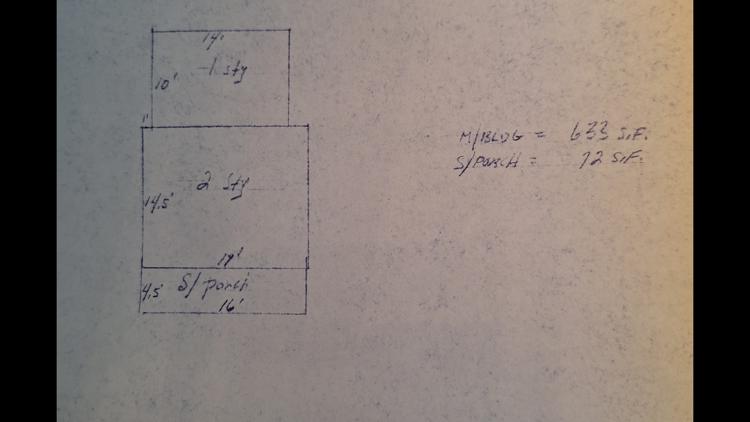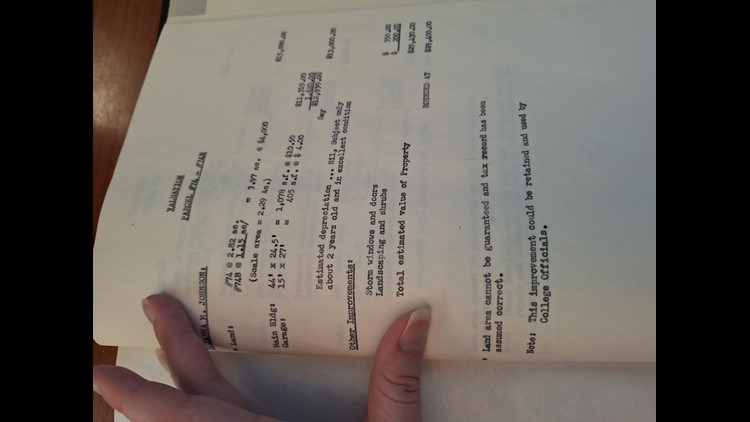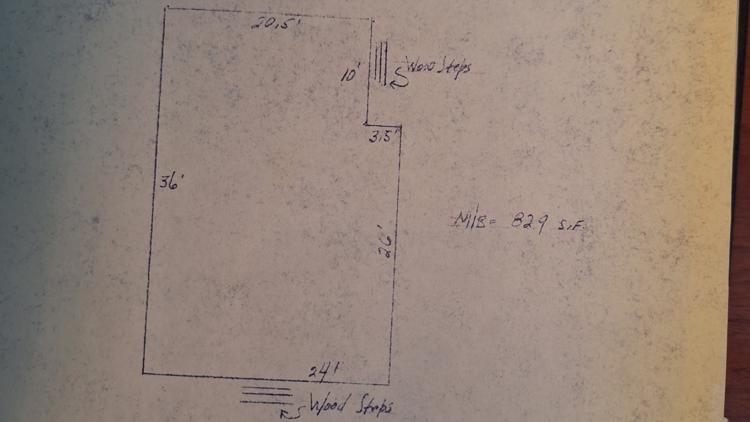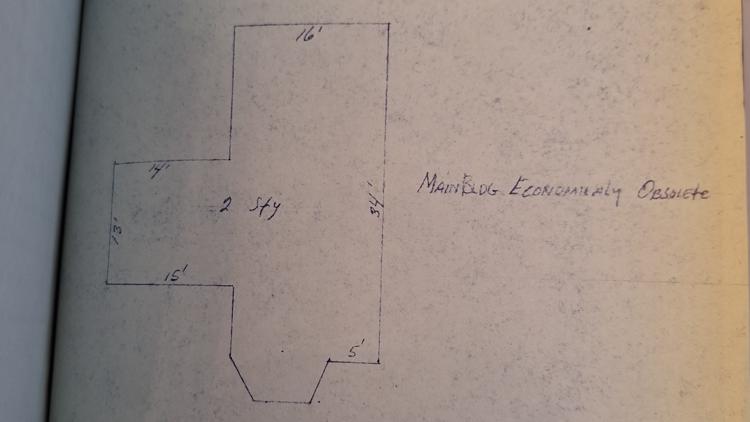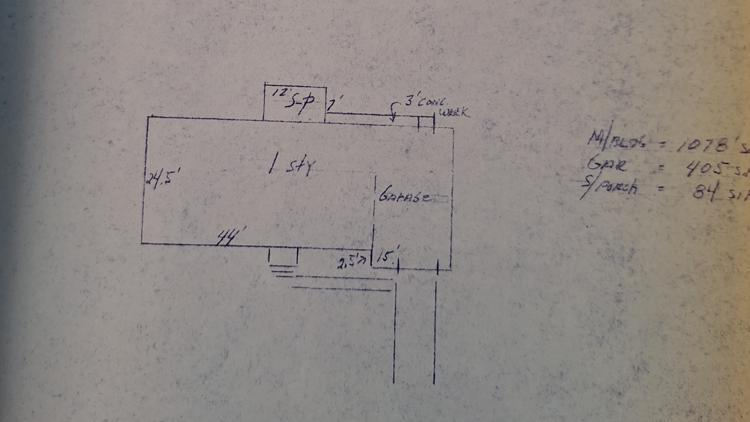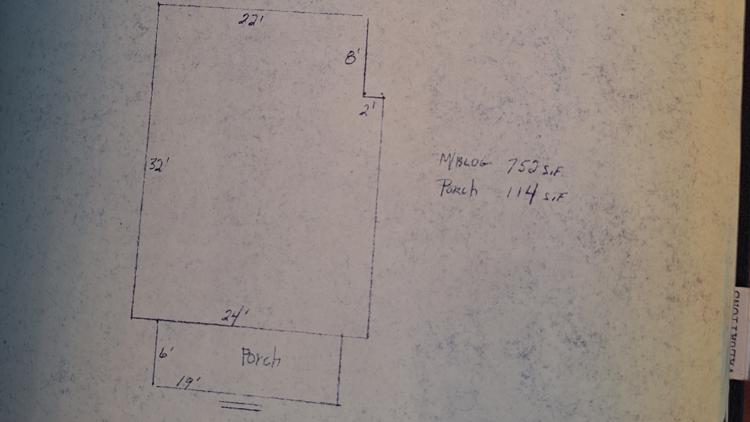NEWPORT NEWS, Va. — In 1961, Newport News City Councilman Fred Christie asked all citizens to join hands as an entirely white City Council voted 5-2 to dismantle a predominantly Black neighborhood.
It's a decision that led to the uprooting of dozens of Black families from the Shoe Lane community, several lawsuits by residents who tried to fight the decision, and ultimately the creation of Christopher Newport University (CNU). This history has been forgotten by many.
Now more than 60 years later, the controversy and history of what happened to the Shoe Lane community is getting re-examined by descendants of Shoe Lane residents and Christopher Newport University officials.
How Newport News dismantled the Shoe Lane community
"There is still so much bitterness about what happened there," Audrey Perry-Williams, who was younger when the decision was made, told 13News Now.
The 110-acre neighborhood housed some of the most important people in Perry-Williams' life, including her teacher, Mr. Hines. He and 20 other Black families lived on Shoe Lane in ranch-style homes, with woods and farmland on either side.
She said doctors, dentists, teachers, and entire families grew up on the four streets that once encompassed the Shoe Lane community, including Warwick Boulevard, Prince Drew Road, Moore's Lane and Shoe Lane.
"They weren't huts, they weren't shacks, they were beautiful homes that people used to live in," Perry-Williams said. "The city wanted that land because they said that they didn't want any poor people living close to that elitist area where the whites lived."
In the segregated era of Newport News, a thriving white neighborhood was settled just a few blocks away from Shoe Lane, and this included an affluent country club frequented by city leaders.
Perry-Williams said the decision to remove families from Shoe Lane was racially motivated. Newport News leaders enacted "eminent domain" to take control of the area and this includes the right to forcibly purchase private property for public use, often for less than what the land was originally worth.
City records show Mr. Hines' home and lot were estimated to be worth only $5,000. His land was worth 22 cents per foot.
Many who lived in Shoe Lane fought the city publicly against the decision to forcibly sell their land, creating a city-wide controversy marked with racial tension. They petitioned with the aid of attorneys with Morrison Property Owners Association, who then confronted city leaders during the fateful 5-2 city council vote.
Attorneys Philip Walker and Hale Thompson questioned why the city could not build instead on a 59.9-acre lot near Roy's Lane that was already partially owned by the city. They argued no families would have to be removed, and would cost the city roughly $121,000.
It's a startling difference in comparison to what city leaders projected the cost would be at Shoe Lane. Estimations to buy out all of the land, and build on Shoe Lane were estimated to cost $235,000.
The difference is $114,000. By adjusting to 2024's inflation rate, this comes out to be well over a million dollars at $1,169,533.24
A handful of white neighbors joined these Black families in support of their neighbors. They asked Newport News City Council leaders to instead build by Roy's Lane.
"These negro residents on Shoe Lane are good neighbors and good citizens," said Mrs. Howard Fawcett Jr, according to the city's records. "They are as good as neighbors as she's ever had, and it makes no difference to her."
Five Newport News city council members disagreed with the petitioners and voted in favor of building on Shoe Lane.
Shoe Lane Community photos and docs
As Shoe Lane has dwindled, Christopher Newport University has built up
In 2024, many of those houses no longer exist. There are only a handful of exceptions still standing, and even fewer people who remember what happened there.
"I am not moving anywhere, this is my home, and it will stay that way," said Katie Luck.
Luck still considers herself a newcomer to Shoe Lane. She bought her home from Mr. Hines in the 1970s, and it remains one of the few houses not included in the forceable purchase by the city of Newport News.
The land that once belonged to Shoe Lane residents now belongs to Christopher Newport University.
Newport News city leaders sold the land to school administrators with William and Mary in 1960. The land was then converted into a two-year branch for the school called Christopher Newport College. It later became an independent school in 1977, and then a university in 1992.
Luck said she's watched the demolition of Shoe Lane from her house for years, as the university has grown building by building.
"This whole street got demolished, just next door used to be the Walker home," Luck said. "One day bulldozers came in, cleared the land, put all the trash on the truck, and took everything away."
Scared by the continuing growth of CNU, Luck and the remaining households sued the school in 1989. They believed the school had extended its borders to include their homes, and thereby prevented them from selling their homes and land to anyone else.
A Richmond judge later dismissed the case.
Luck said she's determined to hold onto her home and land, but there have been instances where others have made her feel unwelcome.
"I had just gotten out of the hospital and I was sitting outside when this little boy yelled out of the window of a school bus, 'You don't belong here,'" Luck said. "It kept me up all night, I couldn't sleep at all, because I belong here just as much as anyone else."
CNU's new president takes steps to address loss of Shoe Lane community
Now the question about what happened to the Shoe Lane community, why it happened, and the ramifications it had on residents is back in the spotlight.
At the forefront of those leading the conversation is Christopher Newport University's new president, William Kelly, who sat down for an interview with 13News Now.
"We must recognize our history, and learn from it," Kelly said. "There are many out there who would like to see us not have these conversations and when you stop having the conversations, you stop having the ability to move forward."
Kelly became CNU's sixth president in July 2023, and within months of arriving at his new position, he hosted the school's first panel about the Shoe Lane community.
The panel was called "What Happened on Shoe Lane and Why It Matters." Panelists like Perry-Williams addressed students about the history of Shoe Lane and why their history, and Black history, is important.
The panel went on for over an hour, and Kelly said they immediately took action.
"I had a student walk up to me after our Shoe Lane discussion and he oversees the Setting Sail program and said 'President Kelly we have to make sure this is part of our Setting Sail program so we will," Kelly said, referring to the university's program that assists students in transition to campus life.
Starting in the summer of 2024, all freshmen will be taught the history, loss, and love of the Shoe Lane Community as part of student orientation. This way, Kelly said, every CNU student will know the correct history of what once happened there.
Just a week following this interview with Kelly, another initiative was announced: Newport News Mayor Phillip Jones and Kelly would join forces to create a task force dedicated to acknowledging the past and preserving the heritage of Shoe Lane.
Jones said the overall goals of the task force include developing a comprehensive understanding of the decisions made by past community leaders, and developing options the city and Commonwealth of Virginia can explore to ensure the citizens of Newport News and this community are better served in the future.
“While I was familiar with similar instances in other parts of the country, I was deeply disturbed to know that this happened in our community,” Jones said. “I feel a personal obligation to ensure the city speaks to its role in displacing families and disrupting the sense of community in this historic area. This task force underscores our commitment to this issue and moving forward in a thoughtful and strategic manner.”
For those who have fought to have the history and story of Shoe Lane preserved, it's a step in the right direction.
"It's the beginning of the story that going to be accurately told," Perry-Williams said. "From now on we will know the story of Shoe Lane, what happened, how did it affect people, how did it affect families and I think that's important, the most important lesson we might ever learn."
The story of Shoe Lane and the Black community there that was displaced to build Christopher Newport University was first reported in late 2023 in the investigative series and documentary, “Uprooted," by ProPublica and the Virginia Center for investigative Journalism at WHRO.

